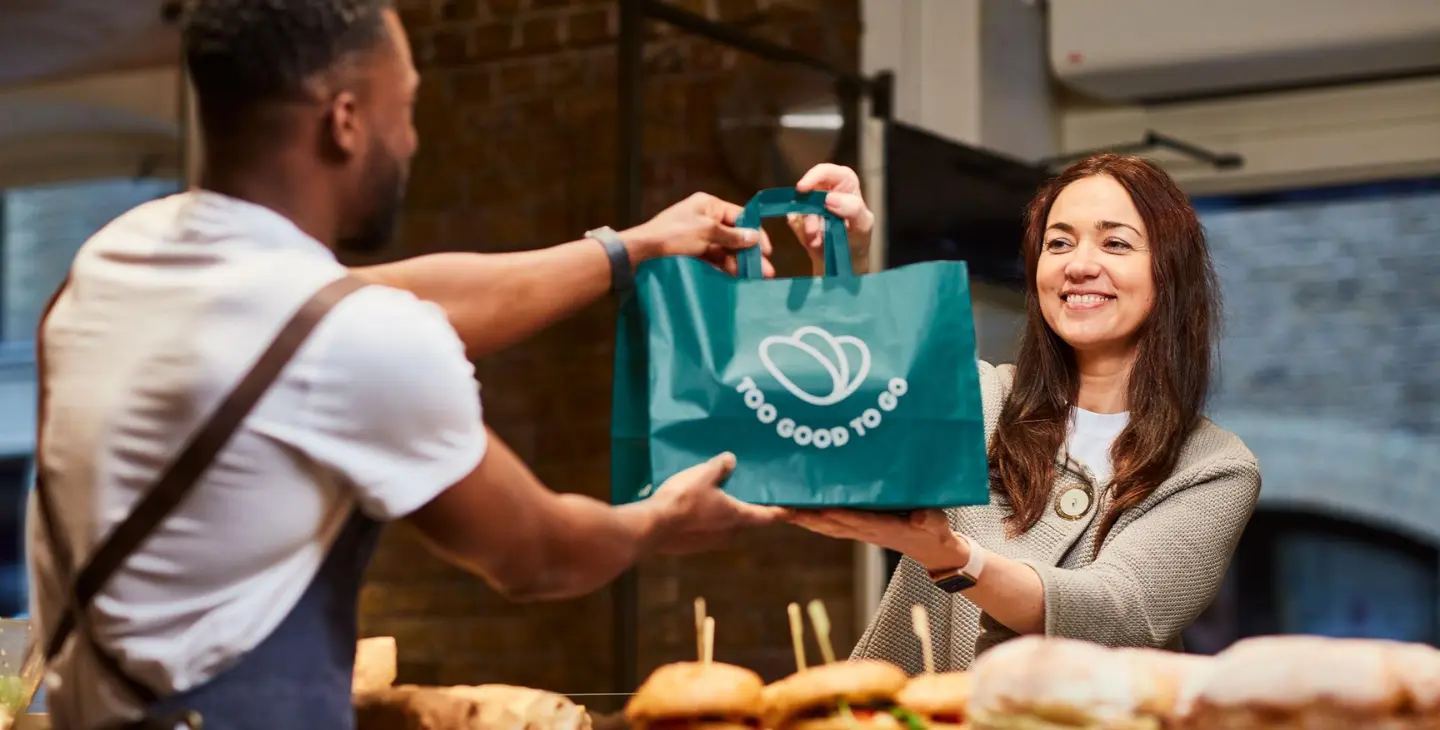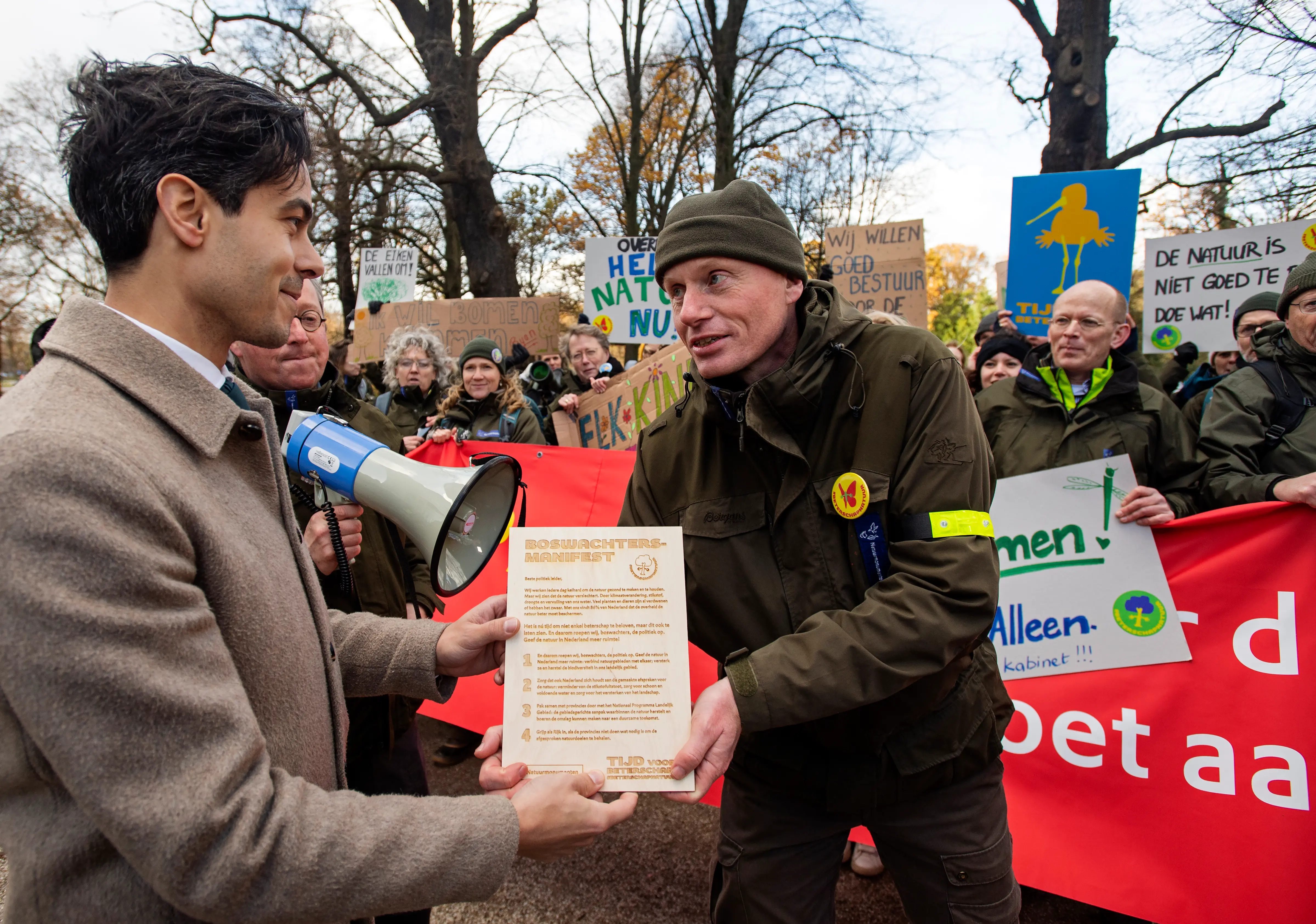Moving forward
for change
We vergroten de positieve impact van mensen, merken, organisaties en overheden met creatieve campagnes die écht raken en aanzetten tot actie.
We weten precies wat er leeft in de maatschappij en in de media en combineren dit met gedragsinzichten en creativiteit. Met een doordachte strategie, sterke PR-aanpak en pakkende content, brengen we verandering in een stroomversnelling. Niet enkel bij de groep die al beweegt, juist ook bij de mensen buiten een ‘bubbel’.
Door met Blyde Benelux (B Corp) te werken maak je meteen al positief verschil via onze stichting bBlyde. Win-win dus.
Communicatie is onze force for good en wij gaan altijd nét dat beetje verder.
















































Impact maken
zit in ons DNA
Sterke communicatie met dubbele impact. Met Blyde Benelux werk je niet alleen aan een krachtig verhaal – je draagt ook bij aan systeemverandering, sociale rechtvaardigheid en klimaatactie.
Blyde Benelux is officieel een Certified B Corporation. En daar zijn we heel trots op. Als B Corp zetten we onze business in als een force for good. We stellen purpose boven profit.
De onafhankelijke stichting bBlyde zet zich volledig in voor SDG 10: ongelijkheid verminderen. We steunen samen met onze klanten structureel initiatieven als The Present en de Dusego Empowerment Hub in Rwanda.
We zijn onderdeel van de groeiende beweging van creatieve bureaus die zich inzetten voor klimaatactie. De Ethical Agency Alliance gaat uit van een nieuwe norm gebaseerd op transparantie, integriteit en verandering.
We brengen de stem van de natuur in boardrooms en organisaties, daar waar die thuishoort. Ook meer natuurinclusief of regeneratief opereren? Bekijk de Onboarding Nature Toolkit of klop bij ons aan.
Samen met een wereldwijd netwerk van verschilmakers zetten we creativiteit voor het versnellen van positieve verandering. Sluit je ook aan bij de beweging.
.webp)
.webp)
.webp)
.webp)


